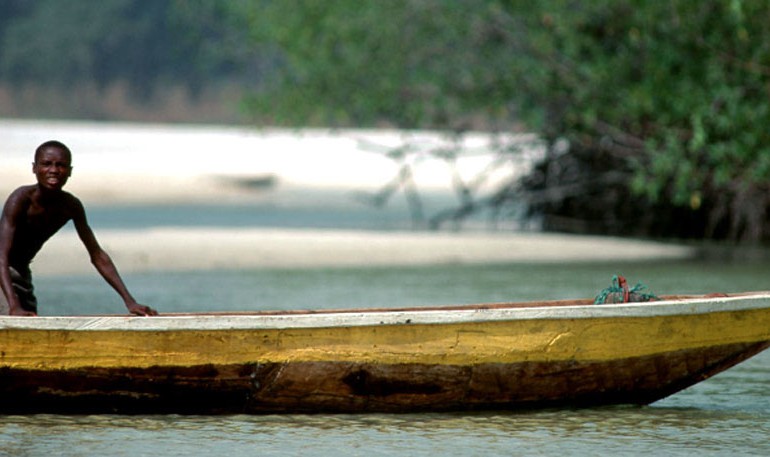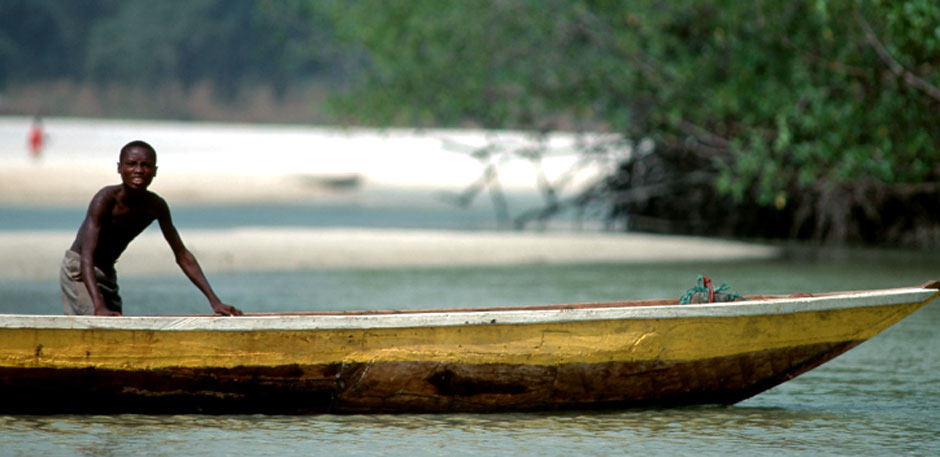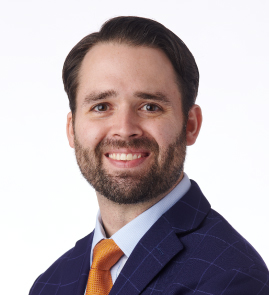So often as physicians and patients we become frustrated at seemingly ridiculous prices for medications that likely are produced for a fraction of the cost. We view pharmaceutical companies as tyrannical price-gougers that profit from patients, and from patents, at the expense of us all.
While we do not necessarily disagree with this view, recent news from the Panafrican News Agency (PANA) involving pharma tycoon Merck & Co., Inc., should cause all of us to, albeit for a brief moment, put aside our prejudices toward big-pharma, and applaud the efforts made to stop transmission of river blindness throughout the world. PANA announced today that the isolated desert area of Abu Hamad has stopped transmission of river blindness (onchocerciasis). Abu Hamad is notably among the first areas in Africa to demonstrate that intensified mass treatment of the drug Mectizan, donated by Merck, can interrupt transmission of this debilitating disease.
River blindness is caused by the parasitic filarial worm onchocerca volvulus and is transmitted to humans through the bites of black flies near fast-flowing rivers. Worldwide, river blindness is estimated to be the second leading cause of infection-induced blindness, wherein the parasitic worm dies in the eye and leads to chronic inflammation, scarring, and subsequent blindness. River blindness affects 18 million people worldwide, with 800,000 visually impaired, and 270,000 blind.
Starting in 1987, Merck & Co., Inc. committed to donating the Mectizan (Ivermectin) for as long as necessary for the control of river blindness. Though the mechanism of action of Mectizan is unknown, a single, annual dose of Mectizan of 150 to 200 µg/kg has been found to effectively reduce the microfilarial density in the skin to near zero after one month and to successfully maintain a low microfilarial level for up to 12 months, in addition to relieving itching and clearing the parasitic infection from the eye, thus preventing blindness. According to Merck, since the program’s inception in 1987, over 1 billion people have been treated with Mectizan worldwide.
With this exciting news from Sudan, we applaud Merck, as well as the many other pharmaceutical companies and philanthropists who donate countless dollars to vaccinations, medications, infrastructural improvements, and other initiatives both locally and throughout the world. Tonight, when you take your dose of zocor or losartan, and cringe at $$big pharma$$, remember the thousands of individuals in Sudan and worldwide who will never lose their vision thanks to Mectizan stopping transmission of river blindness.












